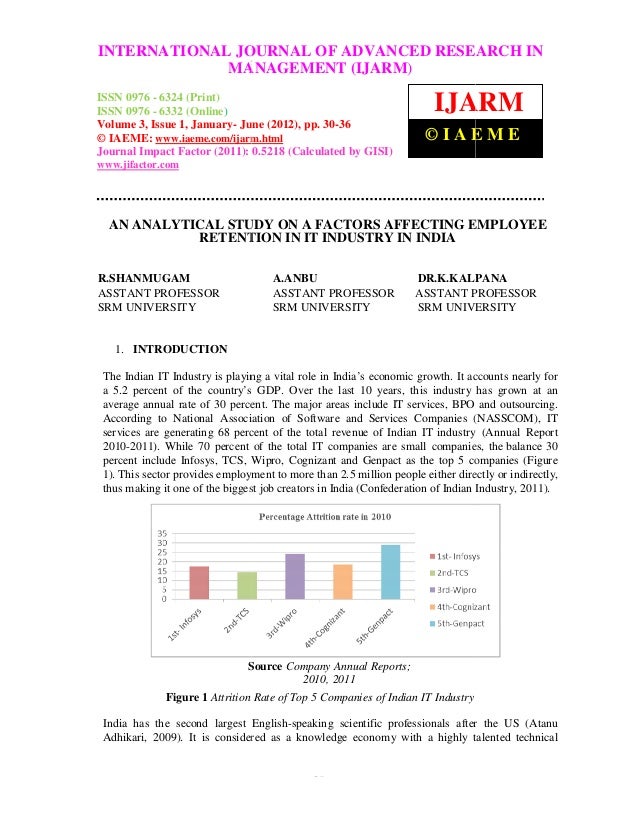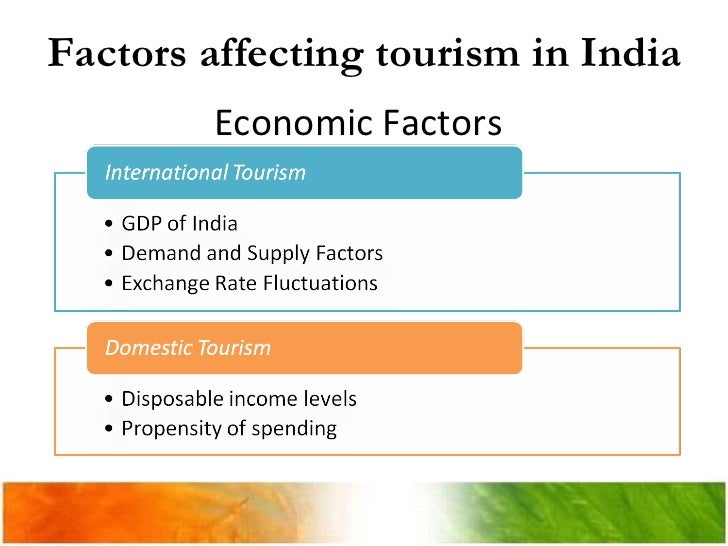Factors affecting stock market in india
April 11, by Research Desk Investment Planning , Personal Finance. The risk averse escape the stock market. In fact, volatility carries the essence of stock market returns. The fluctuations enable real price discovery.

The risk seeker gets fair returns for the higher risk. Whereas, any setbacks dampens their hopes causing a price decline. There are a number of factors which affect stock prices.
Three critical economic factors that influence the Indian stock market
Some factors are firm-specific like a change in management, new product launch, policy change, legal tangles, etc. If the company becomes more valuable, then its stock prices increase. Any change in the company attribute makes its stock prices volatile. Increased sales revenue, fall in the cost of operations, product launch, repayment of debt, etc.
Investors develop an optimistic outlook towards the company. Demand for shares of the company grows. Hence, positive factors lead to a rise in stock prices. Negative factors constitute product failures, change in top management, high employee turnover, high manufacturing cost, fall in sales revenue, etc. Investors abandon shares of the loss-making company. It results in fall in the stock prices of the company. RBI reviews its monetary policy every couple of months.
Under a hawkish stance, RBI raises the key policy rates. It reduces the liquidity in the banks.
This makes borrowing costlier for them. They, in turn, increase the lending rates. It makes borrowing more expensive for the business.
The firm may face difficulties in servicing its existing debt obligations as well. Investors perceive it as an impediment in expansionary activities of business.

They start offloading the shares of the company which reduces its stock prices. A reverse of this happens when RBI follows a dovish monetary policy. Banks tend to decrease the lending rates. This leads to credit expansion. Investors perceive as a positive sign. Stock prices automatically start rising. When rupee hardens in respect to other currencies, it sets a multidimensional chain reaction.
It causes Indian goods to become expensive in foreign markets. Companies drastically affected are the ones involved in overseas operations.

Companies dependent on exports experience a fall in demand for their goods abroad. Revenue from exports decline, and stock prices of such companies in the home country fall. Importing companies, on the hand, are benefitted by hardening of the rupee. They need to shell out lesser on imported goods which reduce the cost of operations. It, in turn, increases their bottom-line along with raising their share prices.
In this, the stock price of exporters rises whereas those of importers fall. Political events, especially during the prime ministerial elections, influence Indian stock markets considerably. A rise or fall depends on expectations of the voters from the government. A coalition outlook accompanies bear runs in stock prices. On the contrary, full majority outlook makes the market bullish. During the recent PM elections, people pinned up high hopes with Modi government.
Today's Stock Market News and Analysis - anajevopule.web.fc2.com
The agenda of political parties also affect the direction of stock prices. A development agenda results in market exuberance. Conversely, an undefined and weak political manifesto makes the stock prices to slide. Additionally, political instability, the imposition of embargo, war-like situation, and civil riots may cause the stock prices to go southwards. The frequency and severity of the disasters like droughts, floods, earthquakes, etc.
Factors Affecting Indian Stock Market by Mrunal Joshi :: SSRN
These not only result in human displacement but also lead to asset destruction. It retards the pace of economic growth of the country. It may push individuals into poverty thereby affecting consumption and investment.
Revenue of companies takes a hit due to drop in sales volumes. Consequently, future cash flows may fall and expansion activities may take a standstill. The occurrence of Natural disasters, thus, results in fall in the stock prices of companies.
Before the financial crisis of , a negative correlation was observed between the two. While stocks are risky instruments, gold and bonds are regarded as a safe investment havens. Till , a rise in gold price was accompanied by a slump in stock prices and vice-versa.
After , as the equity markets recovered, returns from gold have remained stable. On the contrary, stock prices have maintained an upward journey. However, you may witness an intermittently increased preference for gold and bonds during uncertainties. Take the pre-election period in India, the demonetization or US presidential elections, investors were flocking towards safer havens. As a result, gold and bond prices surged while the stock prices continued to decline.
Ideally, you need to know relationships between stock prices and other variables. It would ensure that you stay at an advantage owing to market volatility. It's one place where you can track, plan and invest seamlessly. The best part is it comes with a lifetime Free plan. Subscribe to awesome wealth creation ideas and get a FREE ebook.
Topics Advisor Zone 1 Alternative Investments 1 Estate Planning 3 Financial Planning 21 Fixed Income 3 Health Insurance 6 Insurance Planning 21 Investment Planning 74 Loans 9 Mutual Fund 37 Personal Finance 98 Provident Fund 13 Real Estate 13 Retirement Planning 21 Small Savings 3 Tax Planning Tell us who you are?
Please select one of the above. We hate spam and promise to keep your email ID safe. Latest Posts Role of Yield Curve in choosing Debt Funds Mutual Funds: Regular Plans Best Balanced Funds for New Pension Scheme NPS: Tier 2 Best GILT Funds for